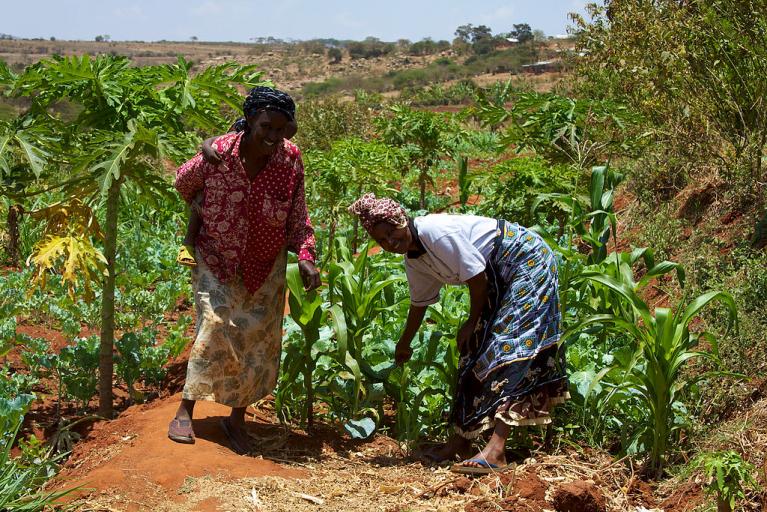Latest Seed Laws & Policies Resources
30 October 2018
Reflections on ITPGRFA, UPOV 1991 and South Africa
Recently the Department of Agriculture, Forestry and Fisheries (DAFF) held national consultations on whether South Africa should accede to two international agreements related to seed: The International Treaty on Plant Genetic Resources for Food and Agriculture (ITPGRFA, or the Treaty) and the International Convention on the Protection of New Varieties of Plants (UPOV) 1991. The […]
READ15 December 2017
Harmonised corporate seed laws in Africa: Where does this leave smallholder farmers?
The expansion of the corporate seed market, embedded in the green revolution agenda in sub-Saharan Africa is progressing very fast. This expansion is going hand in hand with regional policies and regulations – in a process also known as seed harmonisation – that will enable facilitate trade across national borders. This has been the case […]
READ20 July 2017
Call to public meeting on corporate seed Bills ahead of public hearing
The Plant Breeders’ Rights and Plant Improvement Bills restrict the saving, trading, exchanging, and sale of seed. This can have massive ramifications on seed and food sovereignty, agricultural biodiversity, access to diverse seed, and increasing the disparities and inequalities in South African agriculture, food and nutrition. We urgently need to protect and preserve our food […]
READ3 July 2017
Resistance is fertile! Farmers rise up against South Africa’s corporate seed laws
Calls to decolonise our seed system at Gauteng public hearings on the Plant Improvement and Plant Breeders’ Rights Bills. Are there alternative systems that put farmers at the centre, do not reduce genetic and agricultural diversity, and support agroecology, seed and food sovereignty and resilience? South African smallholder farmers, consumers, academics and civil society at […]
READ5 May 2017
Impacts of Seed Laws on farmer managed seed systems
Seed laws often overlook the vital role of farmer-managed seed systems (FMSS), sidelining smallholder farmers and their locally adapted varieties, which don’t meet formal criteria. Learn more about these and other topics in the factsheets produced by the ACB for smallholder farmers in Africa. The materials are available in several languages and cover a range […]
READ5 May 2017
What are the DUS criteria?
DUS stands for Distinct, Uniform and Stable. The DUS criteria aims to supply industrial-scale commercial farming systems while smallholder farmers plant seed that is not distinct, uniform or stable. This third factsheet gives more information on this system and the potential impact on smallholder farmers. Learn more about these and other topics in the factsheets produced by the […]
READ5 May 2017
What is quality declared seed?
The quality declared seed (QDS) system is part of the formal seed system and also controls seed quality and purity. The QDS has several benefits, including the system being a good employment opportunity for farmers who produce improved seed. It does, however have drawbacks such as the limited access to basic seed for seed multiplication. […]
READ5 May 2017
What is a seed law?
Seed laws were developed by governments and industry and are used as instruments to replace and undermine the farmer-managed seed system. Learn more about these and other topics in the factsheets produced by the ACB for smallholder farmers in Africa. The materials are available in several languages and cover a range of topics dealing with […]
READ







